PESA recognises the importance of authored and edited books in advancing knowledge in our field. The publication of a book is often a key milestone in an academic’s career. The PESA Book Awards have been established to acknowledge the significance of selected books published by PESA members each year. Winners of the awards will be announced at the annual PESA conference and be recognised with a certificate and $500.
Members are invited to submit published books for consideration to the Secretary of the Society by 1 June each year.
For more infromation, see the PESA Book Award Policy.
Previous Book Award Recipients
2024
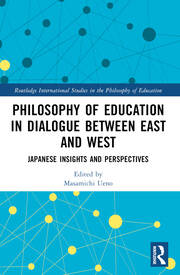 |
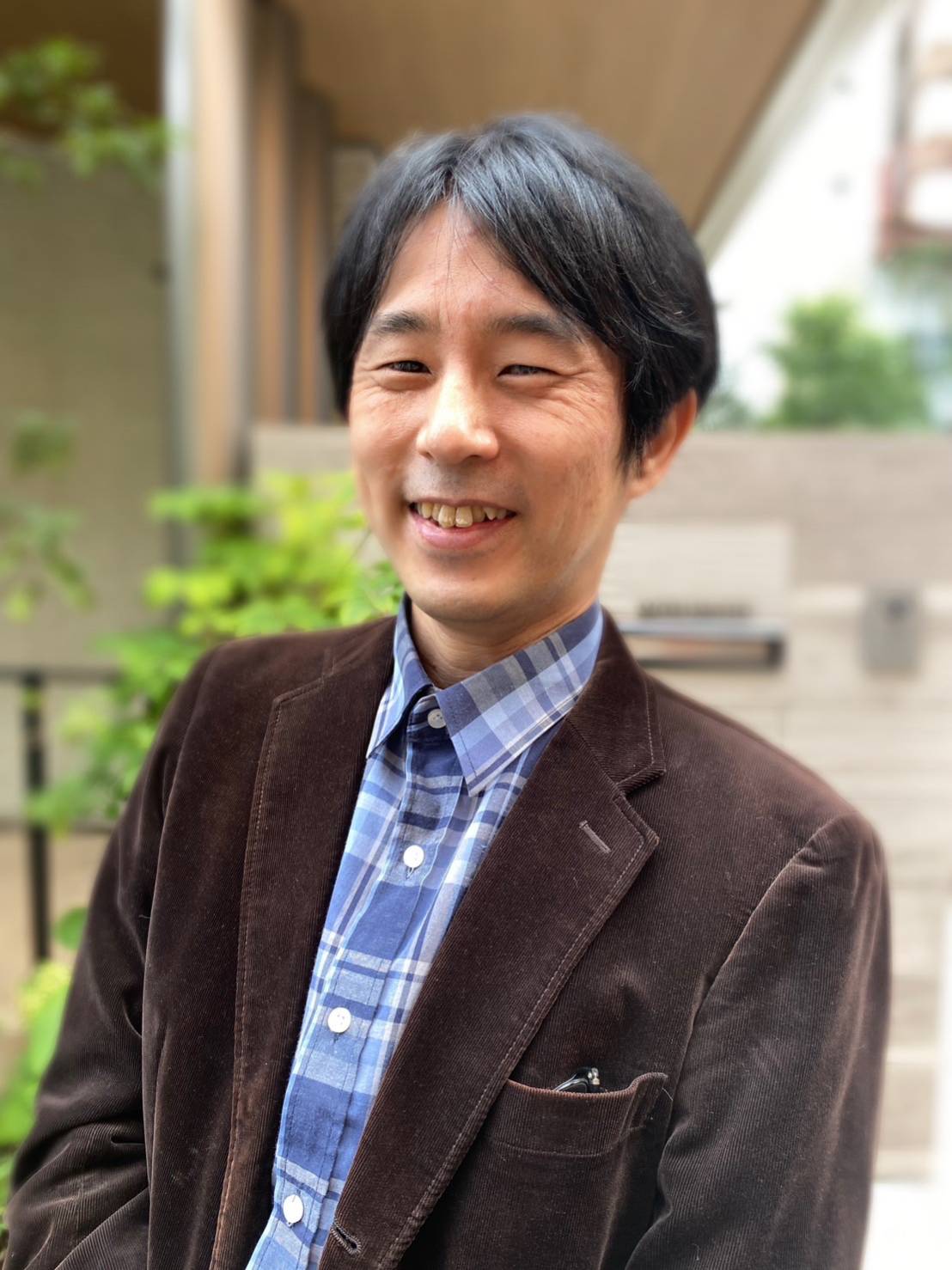 |
Masamichi Ueno. (2024). Philosophy of Education in Dialogue between East and West: Japanese Insights and Perspectives. Routledge.
This edited book opens a dialogue on theories and philosophies of education between the East and the West in the era of globalisation.
A great deal of research has been devoted to discussion of the ideas of Western theorists such as Plato, Aristotle, Locke, Rousseau, Kant, Fröbel, Herbert, Dewey, Piaget, and so on, and their thoughts have had a tremendous impact on Japanese educational practices. In addition, the 21st-century society has promoted international academic standardisation of knowledge, skills, and competencies for a knowledge-based economy, making great strides in educational development for globalisation. On the other hand, East Asia has retained its own unique insights and perspectives that cannot entirely be understood by Western philosophies of education alone. The contributors to this volume offer the reader insights into how Japanese and East Asian theories and philosophies of education encounter those from the West, by taking up heated and controversial issues such as education of caring, morality, nature, catastrophe, body and cultivation, art, language, politics, democracy, and modernity.
The book will appeal to researchers, teachers, students, policymakers, and anyone interested in the theory and philosophy of education in the East, or those who would like to reconsider education in a multicultural society.
2023
 |
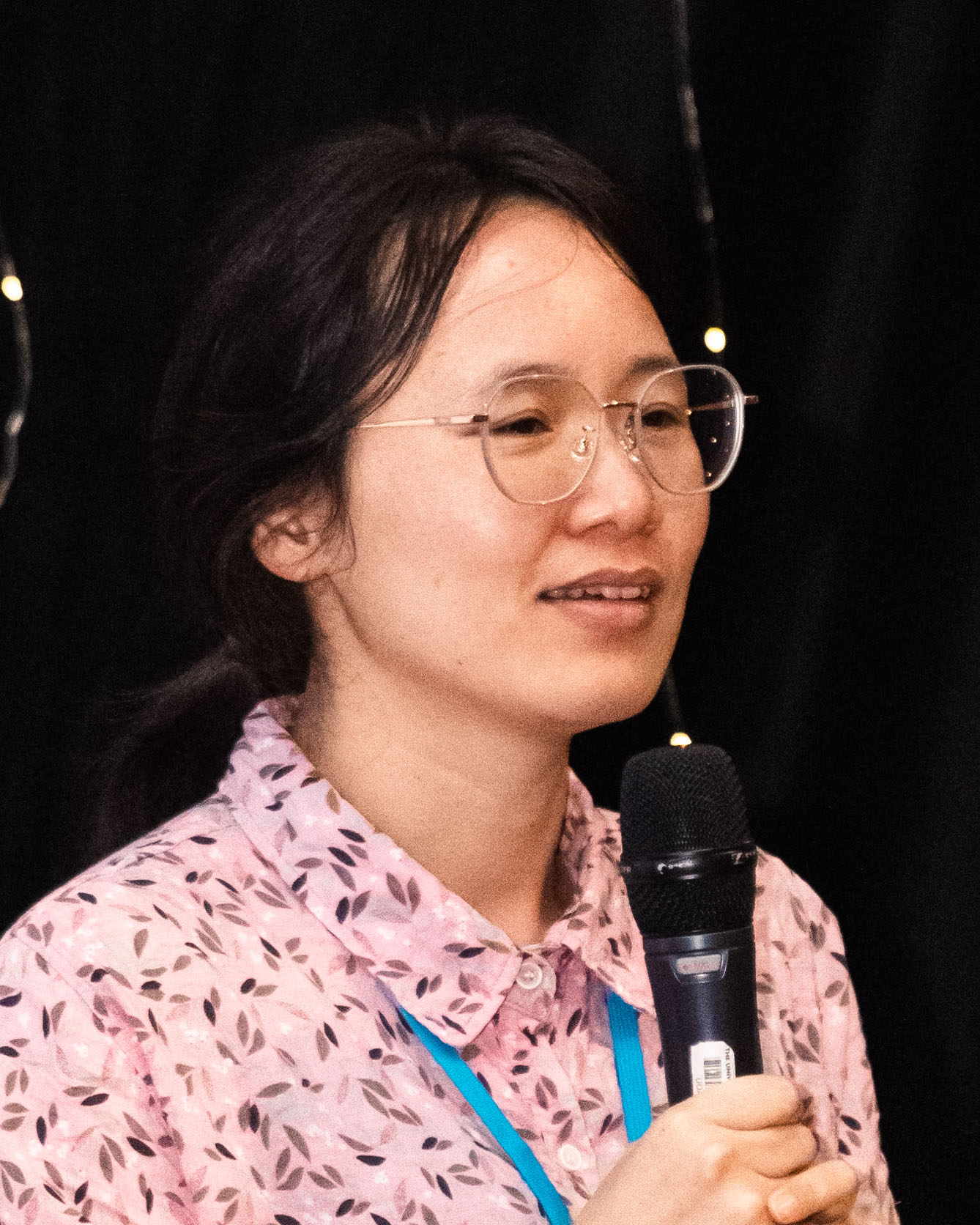 |
Flora Liuying Wei. (2023). Zehou Li and the Aesthetics of Educational Maturity: A Transcultural Reading. Routledge
This book articulates a unique conception of aesthetic educational philosophy and its relation to the Chinese world, drawing on the works of the prominent contemporary Chinese philosopher Zehou Li.
The book outlines an aesthetics approach to educational maturity that recognises both the contributions of Western Enlightenment ideals and Chinese traditions, paving the way for an inclusive and post-comparative philosophy. It offers a nuanced discussion of Zehou Li’s thought and how his work can be framed at the border between traditional and modern China, between China and the West. The book combines a discussion of aesthetics with educational theory and considers their combined implications for educational practice (in particular in the first-person perspectives of students, parents and teachers), in both local and global contexts.
Providing a way of doing philosophy of education that carefully considers interactions and overlaps between Western and Chinese civilisation, the book will be of great interest to researchers, academics and postgraduate students in the fields of educational philosophy, educational theory, and Chinese and cross-cultural philosophy.
2022
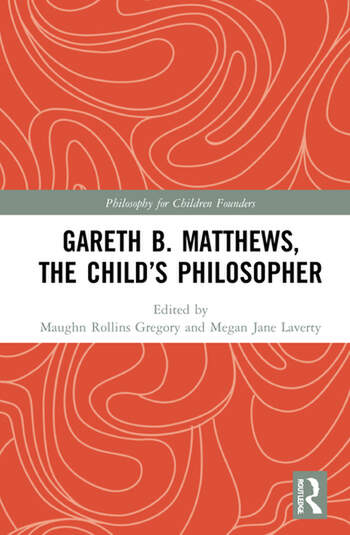 |
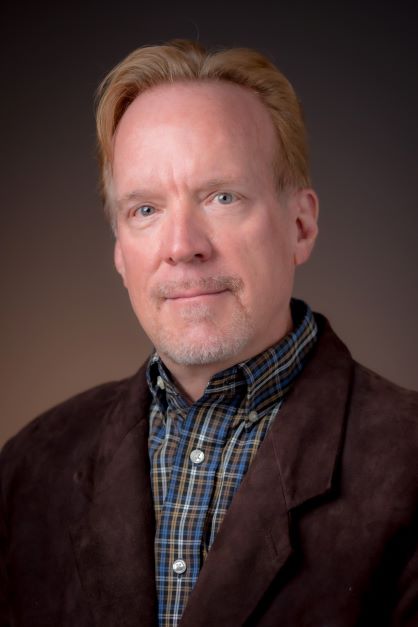 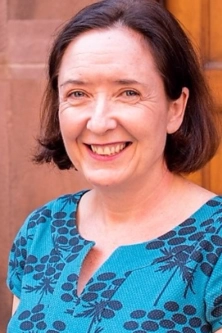 |
Maughn Rollins Gregory, & Megan Jane Laverty (Eds.). (2022). Gareth B. Matthews, The Child's Philosopher. Routledge
This book is the second volume in the Philosophy for Children Founders series. Gareth B. Matthews (1929-2011) was a specialist in ancient and medieval philosophy who had conversations with young children, discovering that they delight in philosophical puzzlement and that their philosophical thinking often enriched his own. Matthews was instrumental in initiating three fields of scholarship: philosophy in children’s literature, philosophy for children, and philosophy of childhood. This book reiterates and reassesses his work in these fields, drawing upon his writing, teaching, workshops, and dialogues with children, and on correspondence with his family, students and colleagues.
2021
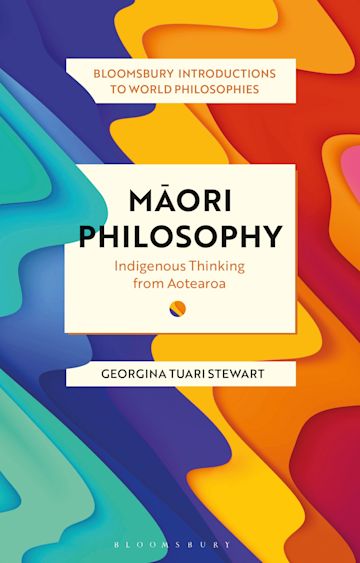 |
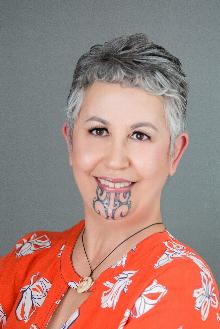 |
Georgina Tuari Stewart (2020). Māori Philosophy: Indigenous thinking from Aotearoa. Bloomsbury.
https://www.bloomsbury.com/us/maori-philosophy-9781350101654/
Covering the symbolic systems and worldviews of the Indigenous peoples of Aotearoa, New Zealand, this book is a concise introduction to Maori philosophy. It addresses core philosophical issues including Maori notions of the self, the world, epistemology, the form in which Maori philosophy is conveyed, and whether or not Maori philosophy has a teleological agenda.
2020
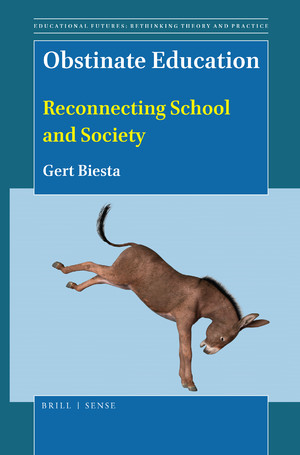 |
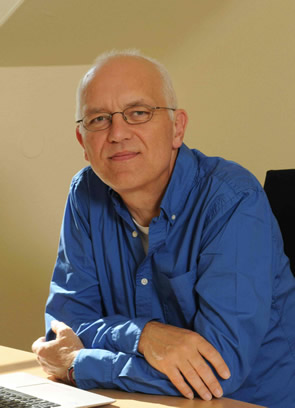 |
Gert Biesta (2019). Obstinate education: Reconnecting school and society. Koninklijke Brill.
This book argues that education should not just be responsive but should keep its own responsibility; should not just focus on empowerment but also on emancipation; and, through this, should help students to become ‘world-wise.’ It argues that critical thinking and classroom philosophy should retain a political orientation and not be reduced to useful thinking skills, and shows the importance of hesitation in educational relationships. This text makes a strong case for the connection between education and democracy, both in the context of schools, colleges and universities and in the work of public pedagogy.
2019
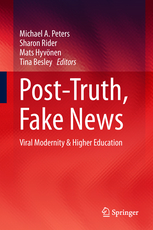 |
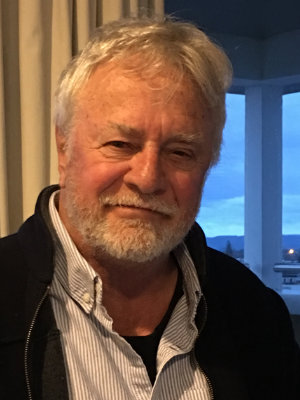 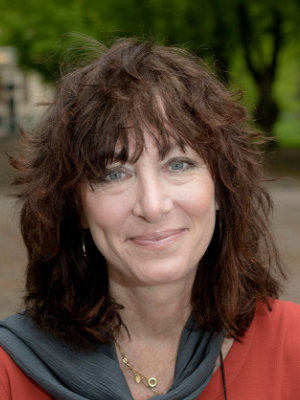 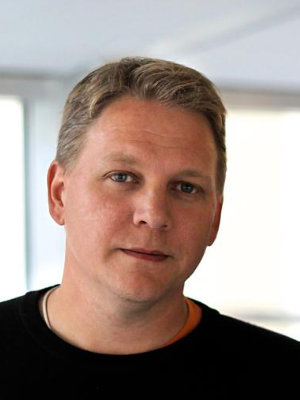 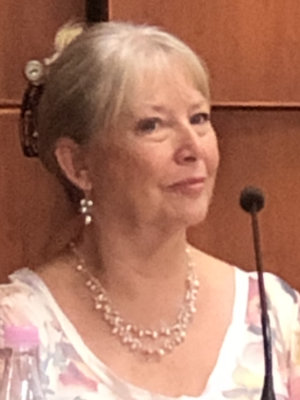 |
Peters, Michael A., Rider, Sharon, Hyvönen, Matts, Besley, Tina. (Eds.) (2018) Post-Truth, Fake News: Viral Modernity & Higher Education, Springer
https://www.springer.com/gp/book/9789811080128
Post-Truth, Fake News: Viral Modernity & Higher Education is an edited collection that brings together international authors working in Australia, China, Croatia, Romania, Canada, New Zealand, Portugal, Sweden, UK and USA to discuss the meaning and purpose of higher education in a “post-truth” world. The editors and authors argue that notions such as “fact” and “evidence” in a post-truth era must be understood not only politically, but also socially and epistemically. The essays philosophically examine the post-truth environment and its impact on education with respect to our most basic ideas of what universities, research and education are or should be. https://www.springer.com/gp/book/9789811080128#aboutAuthors
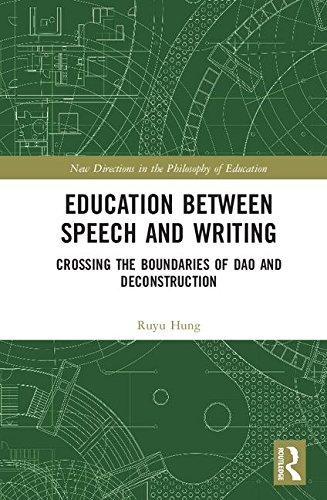 |
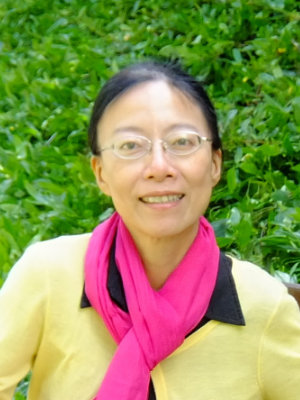 |
Ruyu Hung (2018) Education between Speech and Writing: Crossing the Boundaries of Dao and Deconstruction
Education between Speech and Writing explores how graphocentrism affects Chinese education and culture. It moves away from the contemporary educational practices in China of following the Western model of phonocentrism, to demonstrate that each perspective interacts and counteracts with each other, creating a dialogue between Eastern and Western thought. Chapters explore the consonances and dissonances between the two, problematizing the educational practices of Chinese tradition and proposing a dialectical thinking of post-graphocentrism, based on the concepts of Dao and deconstruction.
2018
 |
 |
Laura D’Olimpio (2017) Media and Moral Education: A Philosophy of Critical Engagement Routledge.
Media and Moral Education demonstrates that the study of philosophy can be used to enhance critical thinking skills, which are sorely needed in today’s technological age. It addresses the current oversight of the educational environment not keeping pace with rapid advances in technology, despite the fact that educating students to engage critically and compassionately with others via online media is of the utmost importance.
2017
 |
 |
Carl Mika (2017) Indigenous Education and the Metaphysics of Presence: A worlded philosophy. Routledge.
Indigenous Education and the Metaphysics of Presence: A worlded philosophy explores a notion of education called ‘worldedness’ that sits at the core of indigenous philosophy. This is the idea that any one thing is constituted by all others and is, therefore, educational to the extent that it is formational. A suggested opposite of this indigenous philosophy is the metaphysics of presence, which describes the tendency in dominant Western philosophy to privilege presence over absence. This book compares these competing philosophies and argues that, even though the metaphysics of presence and the formational notion of education are at odds with each other, they also constitute each other from an indigenous worlded philosophical viewpoint.
 |
 |
Peter Roberts (2016). Happiness, hope, and despair: Rethinking the role of education. Peter Lang.
https://www.peterlang.com/view/title/22256
In the Western world it is usually taken as given that we all want happiness, and our educational arrangements tacitly acknowledge this. Happiness, Hope, and Despair argues, however, that education has an important role to play in deepening our understanding of suffering and despair as well as happiness and joy. Education can be uncomfortable, unpredictable, and unsettling; it can lead to greater uncertainty and unhappiness. Drawing on the work of Søren Kierkegaard, Miguel de Unamuno, Fyodor Dostoevsky, Simone Weil, Paulo Freire, and others, Peter Roberts shows why these features of educational life need not be feared; to the contrary, they can be seen as a source of hope and human fulfilment.
2016
 |
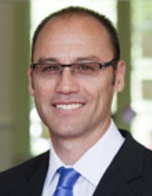 |
John Quay (2015) Understanding Life in School: From Academic Classroom to Outdoor Education. Palgrave Macmillan.
https://www.palgrave.com/gp/book/9781137391223
Attending school is an experience that most people share but this leads us to accept rather than question the experience. Using the philosophies of Heidegger and Dewey, John Quay explores life in schools and juxtaposes the environment of a school camp with that of an academic classroom. The book attempts to show how the old dichotomy between knowing and doing (manifesting in one guise as core academic subjects versus co-curricular activities) can be overcome by looking beyond knowing and doing, to being. Being does not replace knowing and doing, but rather offers a deeper comprehension of life which encapsulates both. The message here is that knowing and doing are always situated or contextualised ontologically (in Heidegger’s phenomenological understanding of that term).
 |
 |
Jayne White, (2016) Introducing Dialogic Pedagogies: Provocations for the Early Years. Routledge
Introducing Dialogic Pedagogy presents some of the ideas of Russian philosopher Mikhail Bakhtin concerning dialogism in a way that will engage and inspire those studying early childhood education. By translating the growing body of dialogic scholarship into a practical application of teaching and learning with very young children, this book provides readers with alternative ways of examining, engaging and reflecting on practice in the early years to provoke new ways of understanding and enacting pedagogy.
2015
 |
 |
Liz Jackson, (2014) Muslims and Islam in U.S. Education: Reconsidering Multiculturalism. Routledge.
Muslims and Islam in U.S. Education explores the complex interface that exists between U.S. school curriculum, teaching practice about religion in public schools, societal and teacher attitudes toward Islam and Muslims, and multiculturalism as a framework for meeting the needs of minority group students. It presents multiculturalism as a concept that needs to be rethought and reformulated in the interest of creating a more democratic, inclusive, and informed society.
 |
 |
 |
Andrew Stables & Inna Semestky (2014) Edusemiotics: semiotic philosophy as educational foundation. Routledge
Edusemiotics addresses an emerging field of inquiry, educational semiotics, as a philosophy of and for education. Using "sign" as a unit of analysis, educational semiotics amalgamates philosophy, educational theory and semiotics. Edusemiotics draws on the intellectual legacy of such philosophers as John Dewey, Charles Sanders Peirce, Gilles Deleuze and others across Anglo-American and continental traditions.
